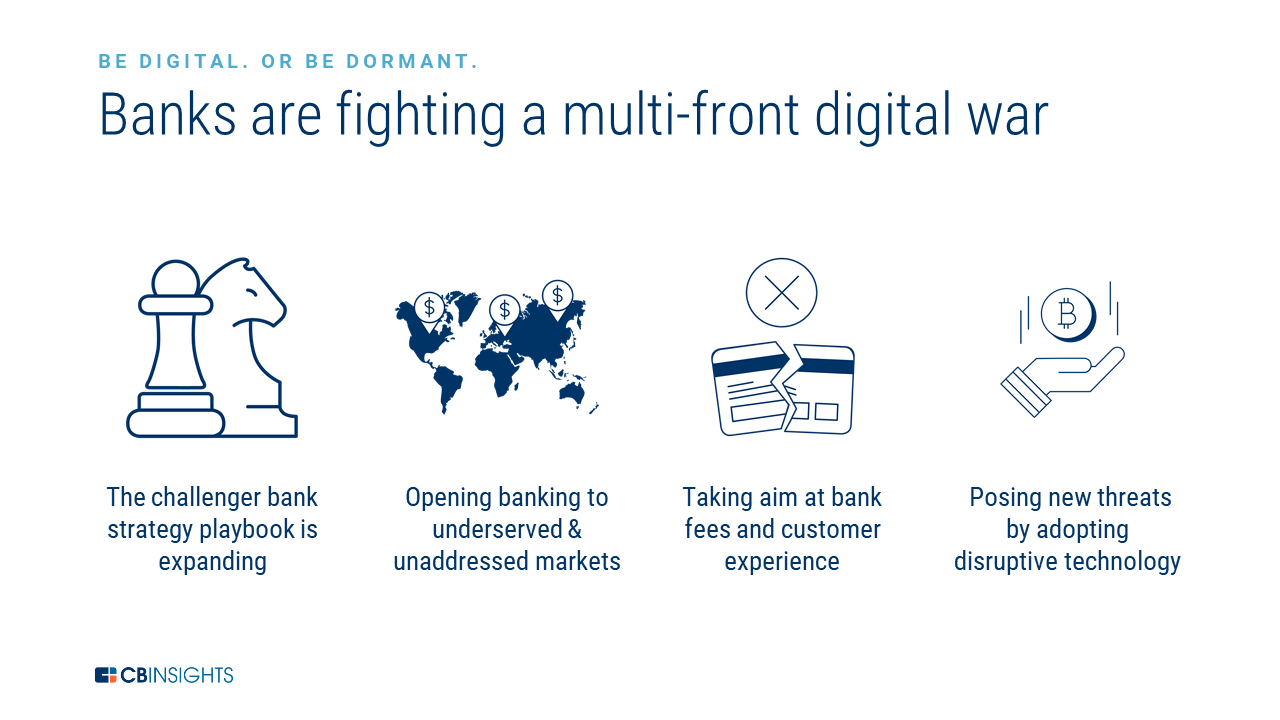
I hear this a lot, and don’t like it. Many banks say it these days, and they say it to be cool. To be like a start-up. To be like a Silicon Valley angel investment firm. To be like a young, FinTech unicorn.
However, there is a massive difference between Amazon, Alibaba and Bank of America. Similarly, there is a massive difference between a tech start-up, a fintech start-up and a full-service bank. A start-up can start with almost nothing. No capital, no funding, no backing, no customers, no history, no trust, nothing. And if their idea is good, it might take off. A fintech start-up can start with almost nothing. The only difference between a tech start-up and a fintech start-up is that the latter usually needs more funding and backing thanks to getting a regulatory tickbox. They need that tickbox to be trusted in the financial marketplace but, thankfully, the regulator has made their ticks much lighter and easier to get than they used to be. However, to be a full-service bank, you need all of the regulator’s’ ticks in all of the boxes which is why most fintech start-ups don’t start-up as a bank. Therefore, to call yourself a technology company that happens to have a banking licence makes light of that affair.
I remember hearing a regulator in London talking about the many applications that were being received for bank licences in the UK. Monzo, Starling, Atom, Tandem, Tide, Oaknorth, Clearbank, Railsbank and more were all vying to become the start-ups du jour, and needed the full banking licence to get there. It took them months and years to get the licence, involved many regulatory hurdles, not the least of which is finding the right people to populate their boardroom and leadership team, and required lots of capital. In fact, the regulator quoted that the average fee to get a banking licence for a UK start-up was $30 million. That’s before you even get started up. So, saying that we’re just a technology company that happens to have a banking licence is a falsehood.
The reality is that banks and banking is a complicated affair. That’s why it involves so much regulation – five times more regulation applies to banks than the average technology firm – and why banks are scrutinised closely by governments. The reality is that banks and governments go hand-in-hand. Governments are there to manage the economy and banks are there to ensure the economy prospers. That’s why you cannot have money without government. However, that does not mean that the government has to be a national government.
It really amazes me, for example, how many people read my post about money without government, and assumed that when I said government I meant national governments. That was never the intent or point of what I posted. It just shows the narrow thinking of those who are anti-statist and anti-government.
My point was that money only exists for government, so that citizens can be taxed and monitored. Take that away and you have anarchy, and I cannot think of any successful ecosystem that runs as an anarchy.
However, government does not have to be national or centralised; it can also be global and decentralised. The key is that it needs to be effective and functional. That was the point, and this is where it broke down in 2008 (and many times before). When the financial system collapsed due to complex derivatives, the banking system needed to be mended fast and it was governments that did that. Admittedly through a false fix of quantitative easing, or making up money as most of would call it, but it did it and yes, the system has been fixed. Anyone today could easily forget that a decade ago, the house of cards almost fell down. But it didn’t. Governments fixed it.
What would happen if the cryptocurrency cards collapsed? What would fix it? The ledger? The network? The coders?
Banks are not technology companies with a banking licence. They are banks that use technology with a licence. Remember that.
Chris M Skinner
Chris Skinner is best known as an independent commentator on the financial markets through his blog, TheFinanser.com, as author of the bestselling book Digital Bank, and Chair of the European networking forum the Financial Services Club. He has been voted one of the most influential people in banking by The Financial Brand (as well as one of the best blogs), a FinTech Titan (Next Bank), one of the Fintech Leaders you need to follow (City AM, Deluxe and Jax Finance), as well as one of the Top 40 most influential people in financial technology by the Wall Street Journal's Financial News. To learn more click here...

